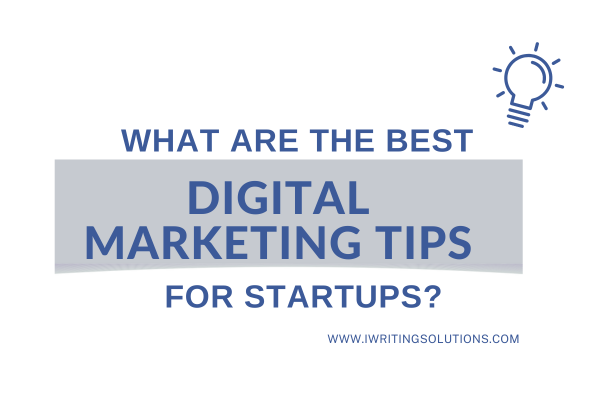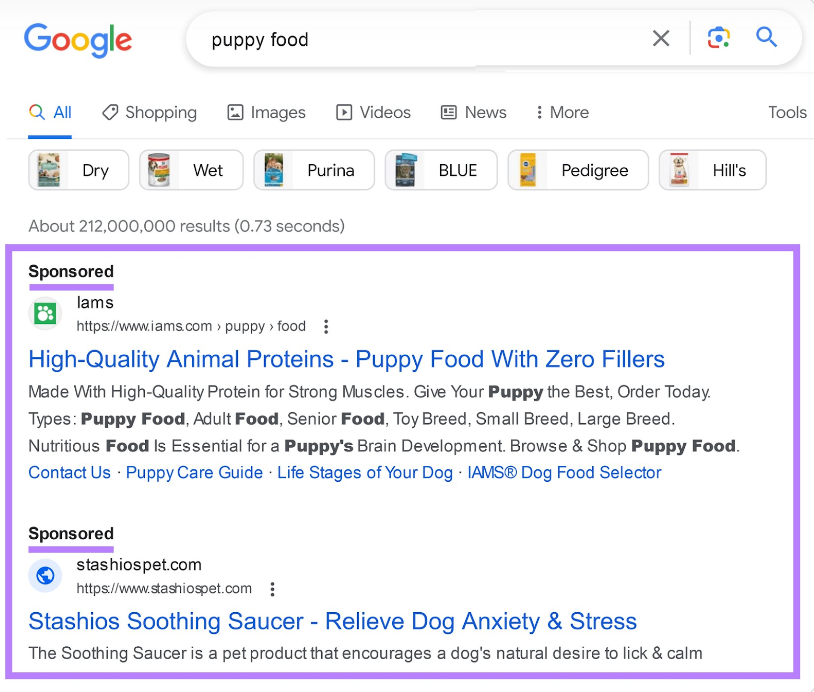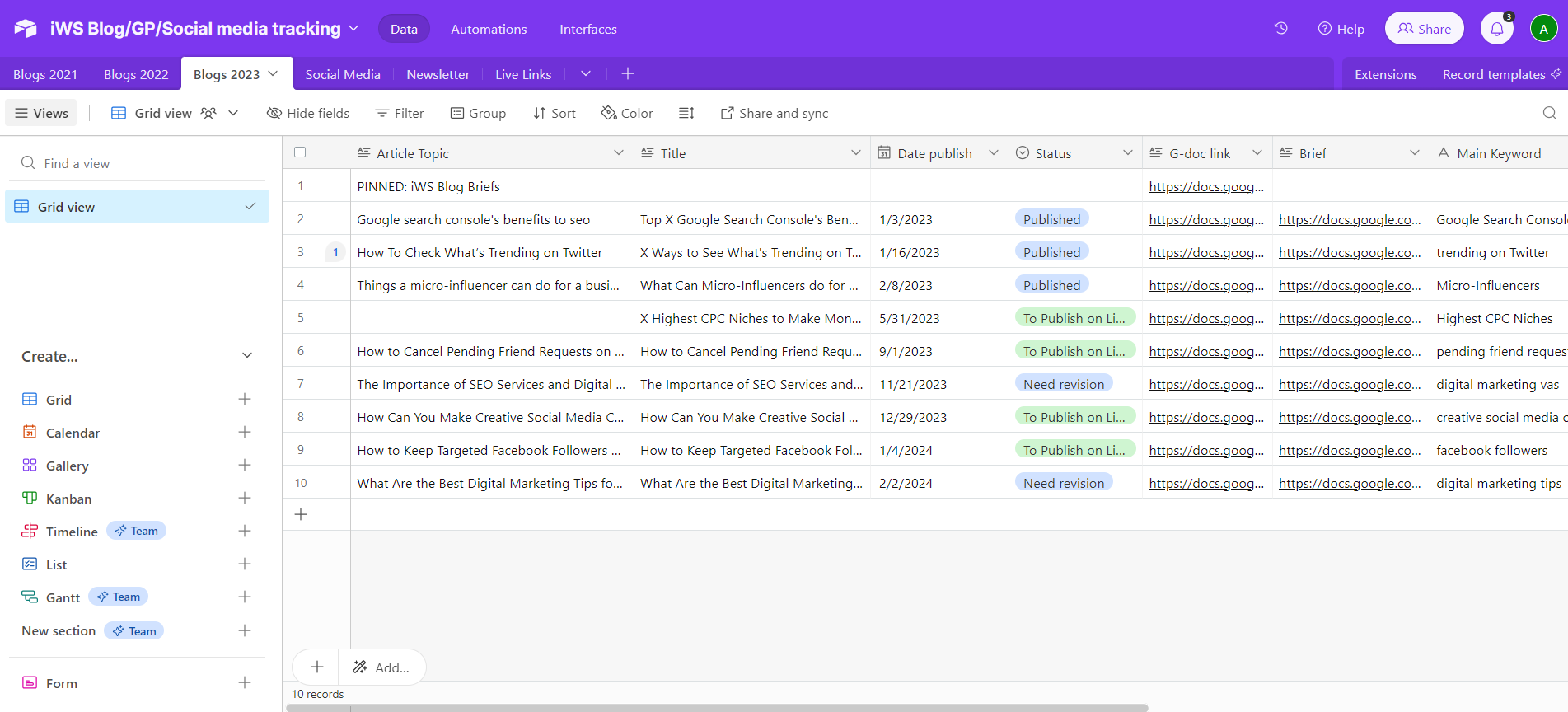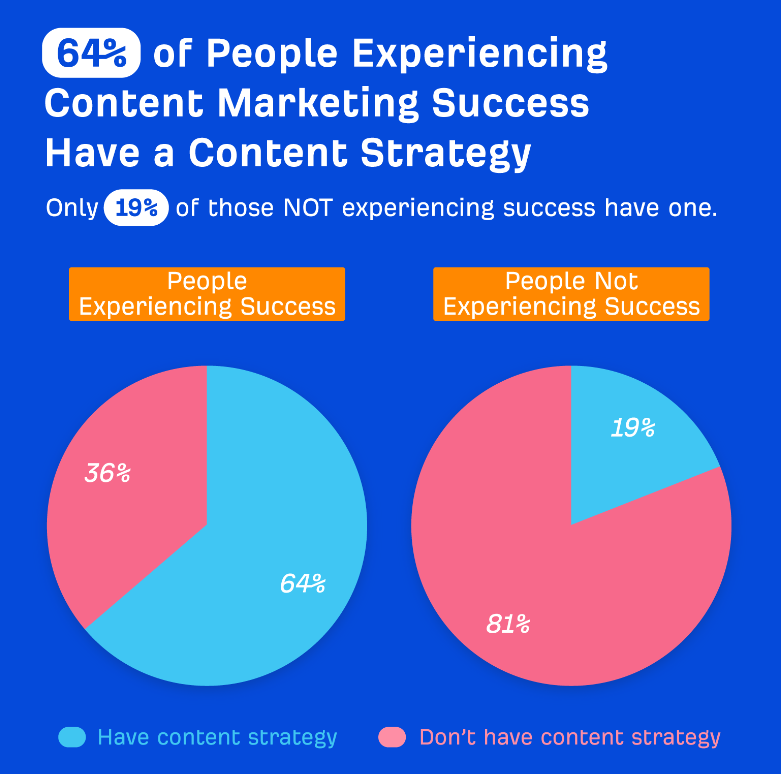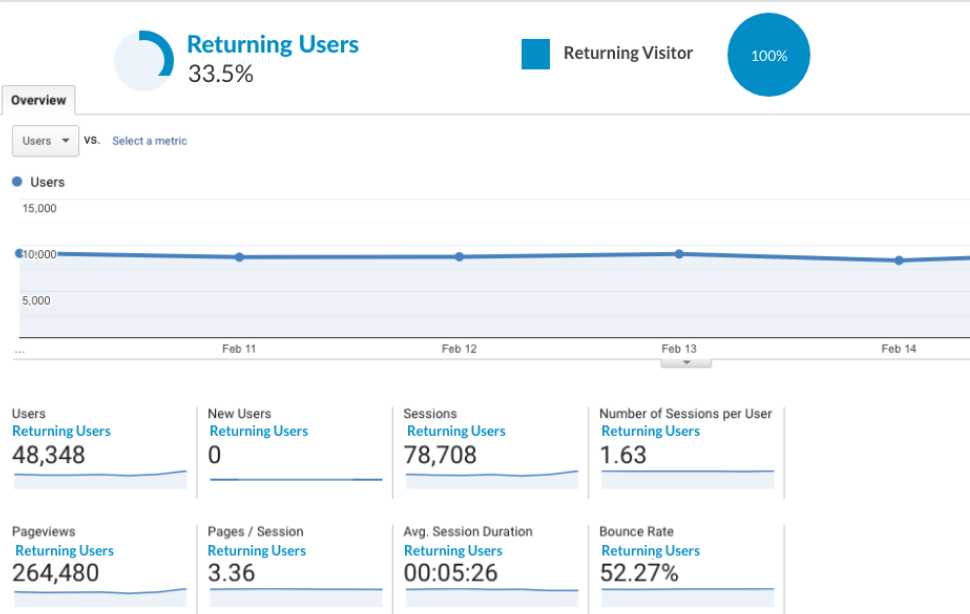| Summary |
| Digital marketing is important for new businesses to get noticed and expand online. Using SEO, PPC ads, social media, content marketing, and retargeting can help boost how many people see your business, get them interested, and bring in more customers. When a startup like you uses these tips, you can figure out the online world and make sure your business grows steady and strong. |
Getting your business noticed online is important. If you’re just starting out with your own company, it’s crucial to use digital marketing strategies to reach people and grow your business. To start off strong in the digital world, it’s important to mix up different digital marketing strategies. Here are five strategies to help you get going:
1. Acquiring SEO Services
SEO, or Search Engine Optimization, is crucial for making your business stand out online. It’s like giving your website a spotlight in a crowded room. For your startup, investing in SEO services is essential because it helps your website show up higher in search results when people search for product or services online. This means more people are likely to discover your website.
How does SEO Work?
To put it simply, there are three important aspects of SEO. And as a startup, these are the things you need to focus on in the beginning of your SEO journey.
A. Using the Right Keywords
Keywords are the foundation of SEO. They are the terms or phrases that users type into search engines when looking for information. To effectively use keywords:
Keyword Research: Identify relevant keywords related to your business, products, or services. Tools like Google Keyword Planner, SEMrush, or Ahrefs can help in finding keywords with high search volume and low competition.
Long-Tail Keywords: Target long-tail keywords (phrases with three or more words) as they often have less competition and more targeted traffic.
Keyword Placement: Incorporate keywords strategically in page titles, headings, meta descriptions, URLs, and throughout the content while ensuring natural readability.
Keyword Variation: Use variations of your main keywords to capture different search queries and increase visibility.
B. Optimizing Website Content
Content optimization is about making your website really useful and important for both people who visit it and search engines that help others find it. Important things to think about include:
High-Quality Content: Make sure your articles are interesting, full of helpful information, and well-researched to keep your readers hooked.
Content Structure: Arrange your writing with clear titles, bullet points, and paragraphs so it’s easy for people to read and understand.
Optimized Images and Multimedia: Use clear names and descriptions for your images and videos so everyone can enjoy them, and search engines can find them easily.
Internal Linking: Connect pages on your website that relate to each other to help people find what they’re looking for and boost your website’s visibility.
Mobile Optimization: Make sure your website works well on phones and tablets because lots of people use them, and search engines like that too.
C. Organizing Your Site Smart
Having a well-organized website structure not only makes it easier for people to use but also helps search engines like Google to find and understand your site better. Here are some important things to remember:
Logical Hierarchy: Arrange your website into logical groups and subgroups, with each page focusing on a specific topic or purpose.
URL Structure: Use web addresses (URLs) that describe what each page is about, including important keywords when possible.
Sitemap: Create a map of your website’s pages and give it to search engines. This helps them discover and list all your pages.
Page Speed: Keep your website running fast by removing unnecessary code, making images smaller, and using techniques to make pages load faster.
Other SEO Tips
Local SEO
If your startup is targeting people in a specific area, such as your neighborhood or city, you can focus on something called local SEO. This means using keywords related to your location and ensuring your business appears on local directories and maps. So, when people nearby search for something related to your business, they’ll find you easily.
Interactive Content
Another way to enhance your SEO strategy is by adding fun elements like:
- Quizzes
- Polls
- Interactive graphics to your website
This makes your site more engaging and keeps visitors interested. Plus, search engines appreciate it when people spend more time on your site, so it can help improve your SEO ranking.
Website Enhancement
You should always be working to make your website easier to use and more likely to make people want to buy something.
This can include things like testing different layouts, making sure the pages load fast, and making it easy for people to buy product. Making these changes can help bring in more sales and keep customers happy.
In connection, search engines like Google will notice your site more and display it to more people. It’s like giving your website a boost to be seen by more potential customers.
2. PPC Advertising
Pay-Per-Click (PPC) advertising is a helpful way for your startup to get your message out to the right people online without spending a ton of money. With PPC, you pay each time someone clicks on your ad. It’s like paying only when someone walks into your store after seeing your sign!
Using PPC, your business can target specific groups of people by bidding on keywords related to your business and choosing who sees your ads based on:
- Age
- Location
- Interests
This helps you bring the right customers to your website and generate leads more efficiently.
Other Advantages of PPC
Instant Visibility
PPC ads also give your startup instant visibility and results you can measure, which is important when you’re just starting out online. Platforms like Google Ads and Facebook Ads let you create ads that are tailor-made for your audience, so you can connect with the people who are most likely to be interested in what you have to offer.
However, running successful PPC ads takes some planning and tweaking. Your business needs to keep an eye on how your ads are doing, change them up if they’re not working well, and adjust your bidding strategies to make sure you’re getting the most bang for your buck.
Data and Analytics
By using data and analytics to guide your decisions, your business can make sure your PPC campaigns are bringing in the results you want and helping your business grow.
3. Social Media Marketing
Social media has become a big part of humans daily lives, and it’s a great tool for your business to:
- Connect with people
- Make your brand known
- Get people interested
Platforms like Facebook, Instagram, Twitter, and LinkedIn give you a way to spread your message and make real connections with your audience.
Content Planning
To do well on social media, you need to be consistent, genuine, and stay relevant. This means having a plan for what kind of content to post and making sure it’s interesting to the people you’re trying to reach. It’s also important to share anything that start conversations and get people talking.
You can also use the interactive features of social media to get your audience involved and excited about your brand. By joining in on discussions, answering questions from customers, and asking for feedback, you can build a group of loyal followers who trust you.
Influencer Marketing
Influencer marketing is when companies team up with people who have lots of followers on social media. Also, they are respected in certain areas to help promote their stuff. These people, called influencers, are able to convince their followers to buy products because they seem real, know their stuff, and are seen as trustworthy.
Did you find this blog useful? Subscribe Now!
4. Content Marketing Strategy
Content marketing is really important for businesses online, especially for your startup. It’s like the heart of digital marketing because it helps your business deliver value to your audience, build your brand, and bring in more people to your website without having to pay for ads.
What content should you create and share? You can do:
- Blog Posts: Informative articles published on websites, usually in a casual tone, covering various topics to engage readers.
- Articles: Written pieces found in newspapers, magazines, or online publications, providing in-depth information or analysis on specific subjects.
- Videos: Visual content presented through platforms like YouTube or social media, offering a dynamic way to convey information or entertainment.
- Podcasts: Audio shows available for streaming or download, featuring discussions, interviews, or storytelling on diverse topics.
- Infographics: Visual representations of information or data, often combining text and graphics to present complex concepts in a simplified and engaging format.
When you do the above mentioned content, your business can show that you know your business and become leaders in your industry. This helps them get more loyal followers who trust them.
Email Marketing
Another important part of content marketing is email marketing. This means sending out personalized emails to people who are interested in what the startup has to offer. It’s a great way to build relationships with customers and encourage them to buy your product or services.
5. Running Retargeted Campaigns
Retargeting campaigns are a smart way for your startup to reconnect with people who have visited your website before or shown interest in what you offer. By showing targeted ads to these people as they surf the web, your business can remind them about your products or services. It also encourages them to take action, like buying something or signing up for updates.
A top foreign currency exchange service in the UK looked at what actions people do on their website before becoming customers. Then, they showed ads to those who did these actions, to encourage them to come back and take the next important step.
The key to making retargeting campaigns work well is ensuring the ads are relevant and shown at the right time. What you should do:
- Group your audience based on what they’ve done on the website before
- Know what they like
- Show them ads that match their interests
It’s important to set limits on how often people see the ads and to plan out when they see them. This is for them not to get tired of seeing them all the time. This helps make sure people have a positive experience and are more likely to respond to the ads.
Use These Tips and Strategies For Your Business
Starting your digital marketing journey can be overwhelming, but it doesn’t have to be! By adopting a variety of strategies, your startup can find its way through the maze of online marketing.
To start your online presence, your business should prioritize integrating SEO services, PPC advertising, Social Media marketing, Content Marketing, and Running Retargeted campaigns. These strategies work together to boost visibility, engage audiences, and drive growth of your business.
Did you find this article helpful? Leave a comment and read relevant articles here:

